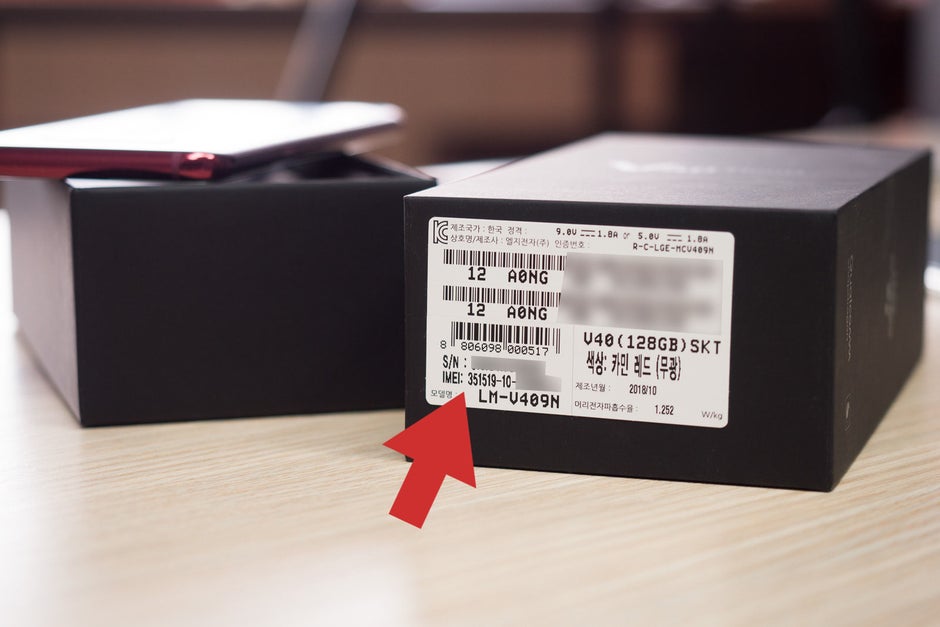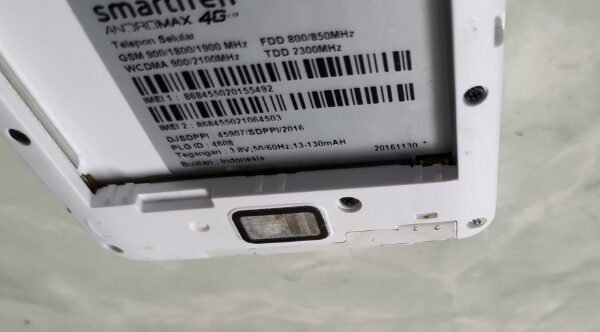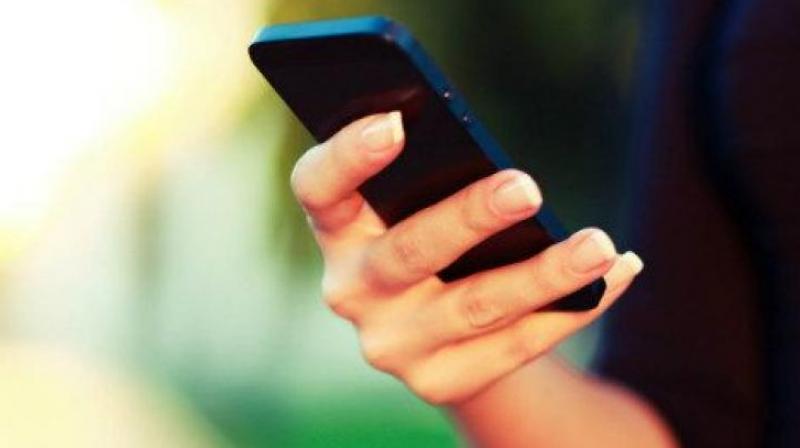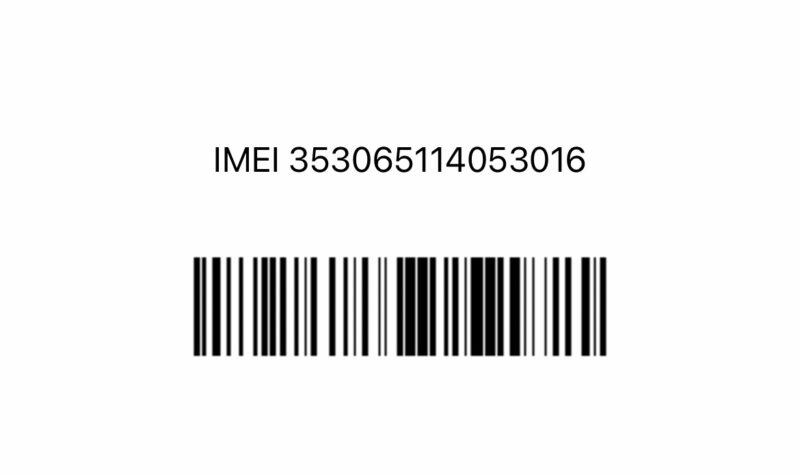Losing a phone while traveling abroad can be a stressful and frustrating experience. However, thanks to the unique identification number known as an International Mobile Equipment Identity (IMEI) number, the chances of recovering a lost or stolen phone have significantly increased.
IMEI numbers play a crucial role in tracking and locating devices across different countries through collaboration between law enforcement agencies and mobile carriers. By understanding how IMEI numbers work and why they are essential in international phone recovery, individuals can increase their chances of retrieving their devices and safeguarding their personal information.
1. Importance of IMEI Numbers in International Phone Recovery

The International Mobile Equipment Identity (IMEI) number plays a crucial role in the process of recovering lost or stolen phones on a global scale. This unique 15-digit code acts as a digital fingerprint for each mobile device, allowing authorities and service providers to track and identify devices across borders.
By using IMEI numbers, law enforcement agencies can collaborate with international counterparts to locate and return stolen phones to their rightful owners. Additionally, mobile carriers can block stolen phones from being used on their networks, making it harder for thieves to profit from their illicit activities.
The importance of IMEI numbers in international phone recovery cannot be overstated, as they enable swift and efficient resolution of phone theft cases, ultimately benefiting both consumers and the telecom industry.
2. Tracking Lost or Stolen Phones Using IMEI Numbers

Tracking lost or stolen phones using IMEI numbers is a crucial aspect of international phone recovery. IMEI numbers, or International Mobile Equipment Identity numbers, are unique identifiers assigned to each mobile device.
These numbers can be used to track down a lost or stolen phone, even if the SIM card has been removed or changed. By contacting the relevant authorities or mobile network operators with the IMEI number, they can blacklist the device and prevent it from being used on any network.
This significantly reduces the chances of the phone being resold or used for malicious purposes. Additionally, some countries have specialized task forces dedicated to tracking down and recovering lost or stolen phones using IMEI numbers, further increasing the chances of successful recovery.
3. Legal and Ethical Considerations When Using IMEI Numbers for Phone Recovery

When using IMEI numbers for phone recovery, it is important to consider the legal and ethical implications involved. While the use of IMEI numbers can be a valuable tool in recovering lost or stolen phones, it is crucial to ensure that proper procedures are followed to protect user privacy and data security.
Legal considerations may include obtaining consent from the phone owner before using their IMEI number for tracking purposes, as well as complying with regulations regarding data protection and handling. Ethically, it is important to use IMEI numbers responsibly and ensure that they are not misused for unauthorized tracking or surveillance.
By adhering to legal and ethical guidelines when utilizing IMEI numbers for phone recovery, individuals and organizations can effectively and responsibly assist in the retrieval of lost or stolen devices while respecting privacy and data protection rights.
Conclusion
In conclusion, IMEI numbers play a crucial role in aiding the recovery of lost or stolen phones on an international scale. By utilizing IMEI check services, individuals and authorities can track and locate devices, ultimately increasing the chances of successful recovery. The unique identification provided by IMEI numbers enables swift communication between different countries and law enforcement agencies, facilitating the return of stolen devices to their rightful owners.
As technology continues to evolve, IMEI numbers will remain a valuable tool in combating phone theft and ensuring the security of mobile devices worldwide.


